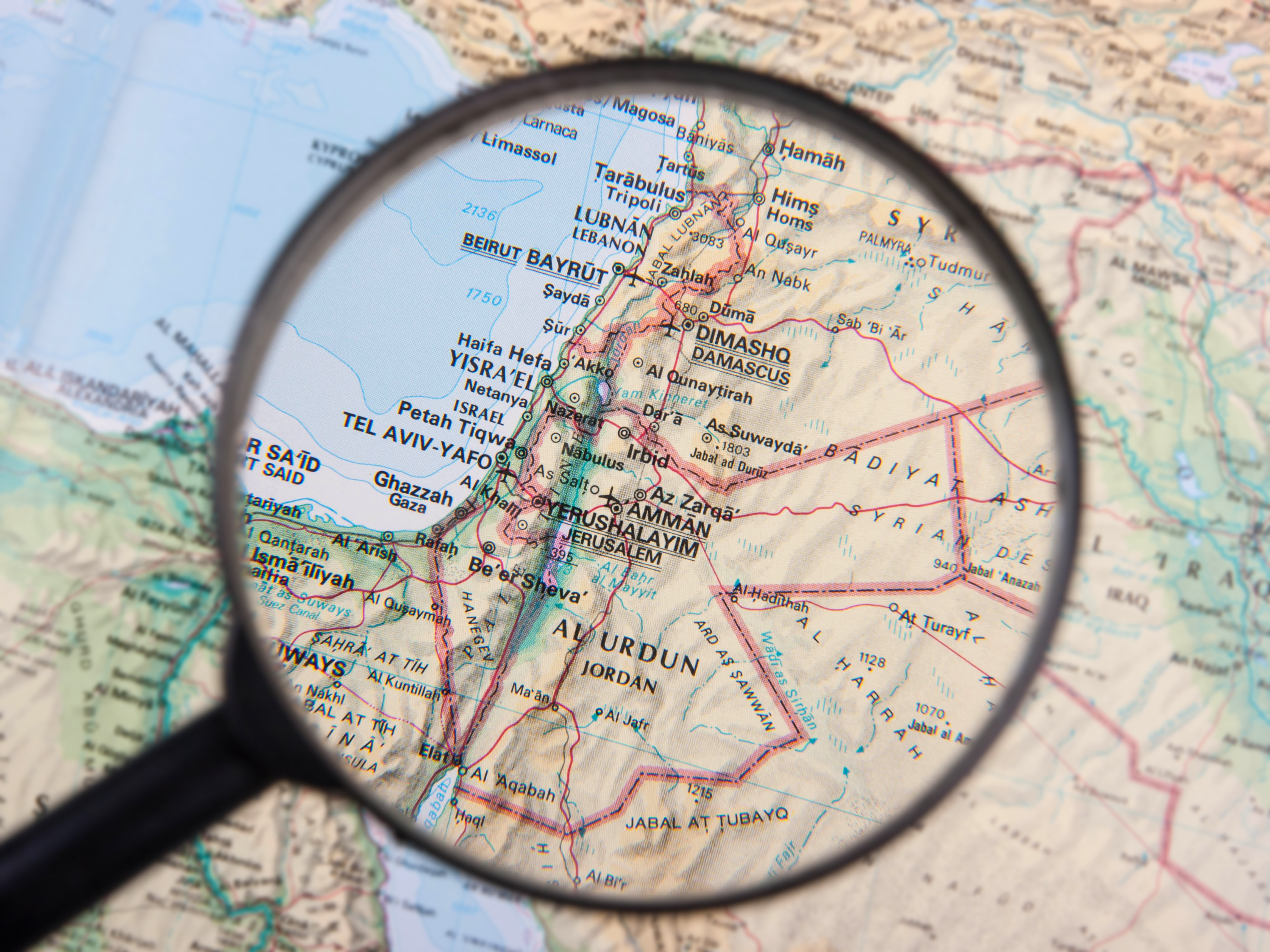Tensions in Iran's National Security Strategy
Executive Summary
-
This document deals with the Iranian National Security Strategy and the tensions among its components. The purpose of this document is to present a systemic analysis of the Iranian National Security Strategy and to map the tools which serve to realize Iran’s ambitions for regional hegemony.
-
As part of this effort, the Reut Institute researched and wrote a number of documents, concepts and terms which complete a more expansive picture of the Iranian National Security Strategy.
-
The National Security Strategy of Iran is based on the six following foundations:
-
Acceptance and recognition of the Islamic revolution and the Islamic regime;
-
Guarantees for Iran’s territorial integrity and security;
-
Extraction of Iran’s natural resources and conversion to economic welfare;
-
‘Regional hegemony’ in the sense of influence and veto rights over occurrences in Iran’s near environment and in the ‘heart of the Middle East’ (Syria, Lebanon, Israel, the Palestinian Authority, etc.);
-
Recognition of its leading international status;
-
Leadership of the Islamic camp.
-
-
The Iranian National Security Strategy suffers from a number of tensions among its components. Understanding these tensions is necessary for consolidating Israeli policy vis-à-vis the Iranian threat. The tensions are as follows:
-
Between Iran’s desire for technological progress (including nuclear capacity) and the image of a rogue nuclear state;
-
Between Iran’s need to integrate into the global economy and an international image that deters investments;
-
Between Iran’s aspiration for legitimacy and international status and defiance against regional and world order;
-
Between Iran’s desire to lead the Islamic world and its involvement in undermining regional stability.
-
-
These arenas are the disciplines in which it is incumbent upon Israel to define an organizing logic and to operate accordingly.
2006-04-01
Analysis
National Security
Regional Security
Iran perceives itself as the patron of the Shiites in the world and aspires to lead the entire Muslim camp.
Related Content
First Quarterly Report - mapping the Jewish Peoplehood field in Israel
We are very proud to present the first quarterly report of the Jewish People Field Mapping System. The report presents data for the first quarter of 2022 (January-March) and further completion of April information. This is the first report produced on the basis of the new mapping system.




